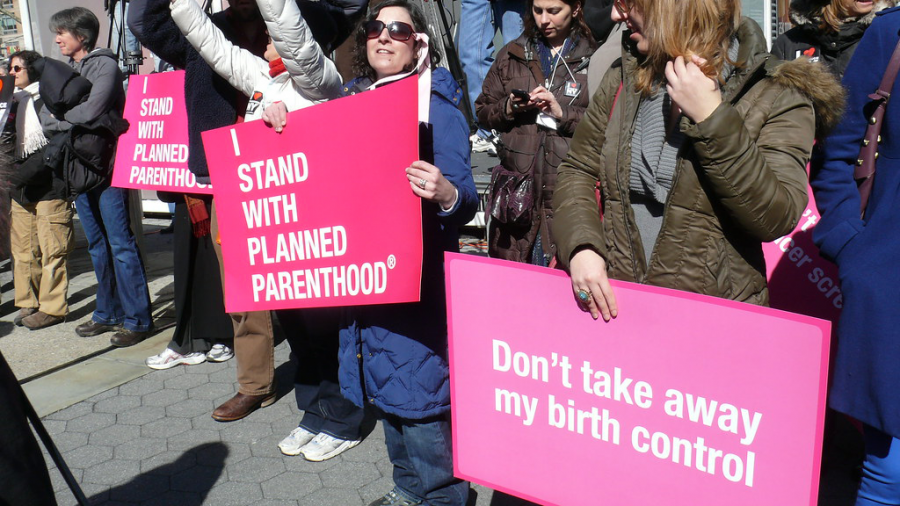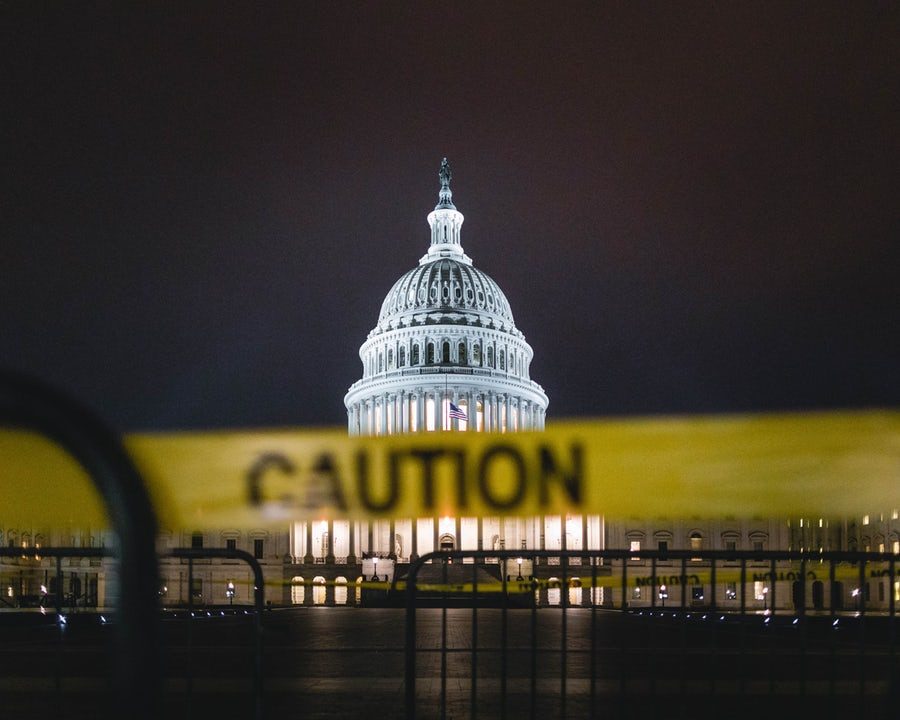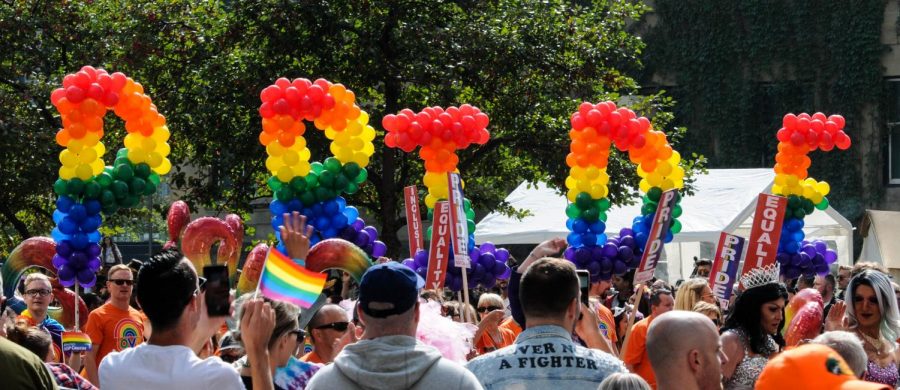Majority votes against Prop 1 in Houston election
January 8, 2016
The proposed Houston Equal Rights Ordinance, also known as Proposition 1 or HERO, failed to pass by a wide margin on Election Day, Tuesday, November 3. The proposition gained national attention, drawing opposing comments from the White House and the state’s top officials. The conservative opponents of the bill alleged it would allow transgender men, who are dressed as women, into women’s bathrooms. This sparked the slogan “No Men In Women’s Bathrooms”, alluding that sexual predators would take advantage of the right.
The ordinance actually bans discrimination based on not just gender identity and sexual orientation, but also 13 classes already protected under federal law, including sex, race, color, ethnicity, national origin, age, religion, disability, pregnancy, and genetic information, as well as family, marital, or military status. Businesses that serve the public, private employers, housing, and city contracting all would have been subject to the law and would have faced up to $5,000 in fines for violations, had the bill passed. However, religious institutions would have been exempt.
Houston Mayor Annise Parker openly supported the bill, as it extends an important local recourse for a range of protected classes to respond to discrimination.
The Houston City Council passed the law with an 11-6 vote in May, but conservatives quickly launched an effort to force a repeal referendum, which led to more than a year of legal challenges. In July, the Texas Supreme Court ordered the city to either repeal the law or place it on the ballot for the city to decide, and the council opted for the latter with a 12-5 vote.
Supporters of the law claim that there is no evidence the so-called “bathroom myth”, the generalization that men will take advantage of the law to molest women, has ever been a problem in places with similar laws. It is already and would have continued to be illegal to do anything in a bathroom except for use the bathroom in Houston. In fact, in June 1972 the Houston City Council made it illegal for anyone to use the opposite sex’s restroom to “cause a disturbance”, which can mean anything other than using the bathroom.
“It’s a lie. It’s a lie. It’s a lie. It’s a lie,” Academy Award-winning actress Sally Field implored at a pro-HERO rally. “Not one single case has ever been reported. And believe me, if it had happened, it would have been reported.”
Other support came from many huge corporations, including Apple, General Electric, and Hewlett-Packard. Democratic presidential candidates Hillary Clinton and Bernie Sanders both approved of the law, and even the White House gave their nod of approval.
“We’re confident that the citizens of Houston will vote in favor of fairness and equality,” they said in a statement.
The main advertising fight proved to be spreading correct knowledge about the law.
“I haven’t heard it bans discrimination,” Cory Alters, a Houston citizen, told Buzzfeed News four days before the vote. “Bathrooms are the hot-ticket item — that’s what everybody is talking about,” he said. “I don’t want girls in my bathroom, and girls don’t want guys in their bathroom.”
Another Houston resident shared the same view.
“The only thing that I have heard is that it allows men who dress up like women to go into the ladies’ room. If a person woke up one day and said, ‘I identify as a woman,’ he could just go into the bathroom to see booty,” he told Buzzfeed News.
On Election Day, more than 130,000 city voters cast ballots, more than doubling the pre-election day turn out in Houston’s last open-seat mayor’s race six years ago. The results soon showed that voters had repealed the law 61% to 39%, according to the Harris County Clerk’s Office.
“We are disappointed with today’s outcome, but our work to secure nondiscrimination protections for all hard-working Houstonians will continue,” a joint statement from the groups behind the effort, the ACLU of Texas, Equality Texas, NAACP Houston Branch, Texas Freedom Network, Freedom for All Americans, and the Human Rights Campaign, said.
















